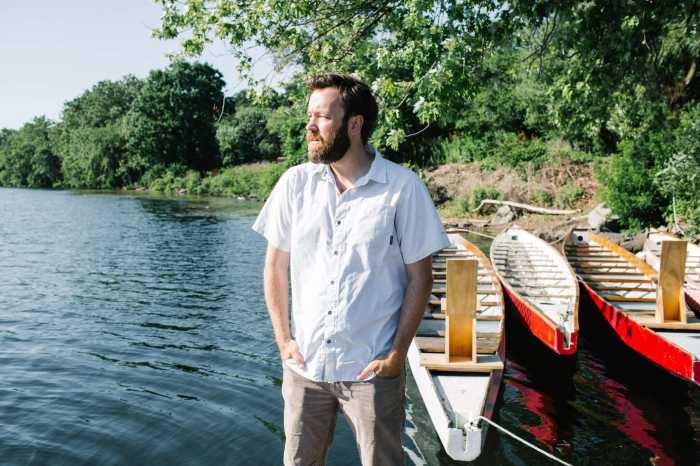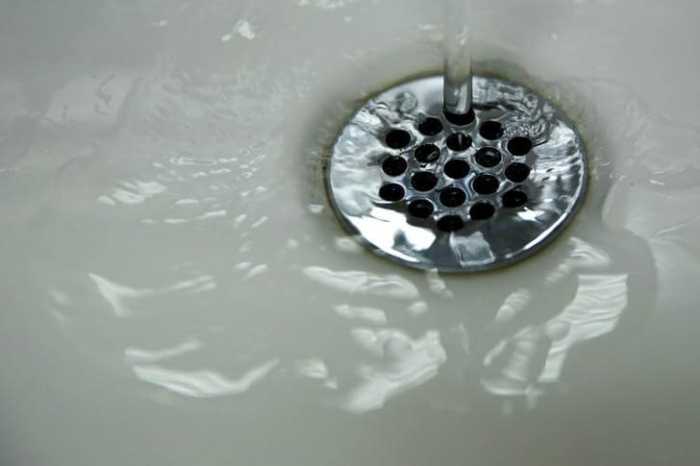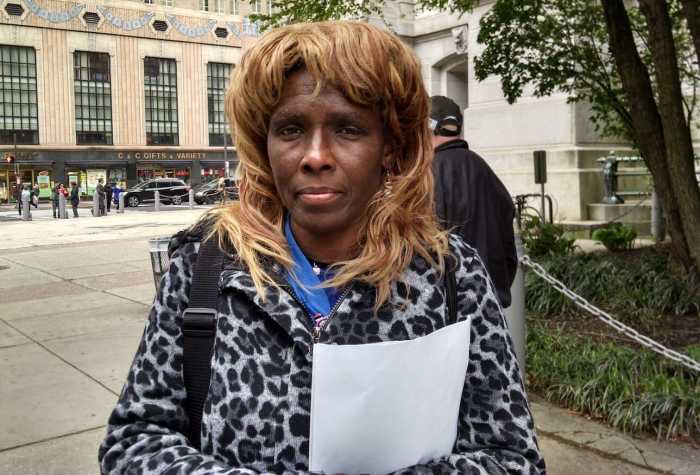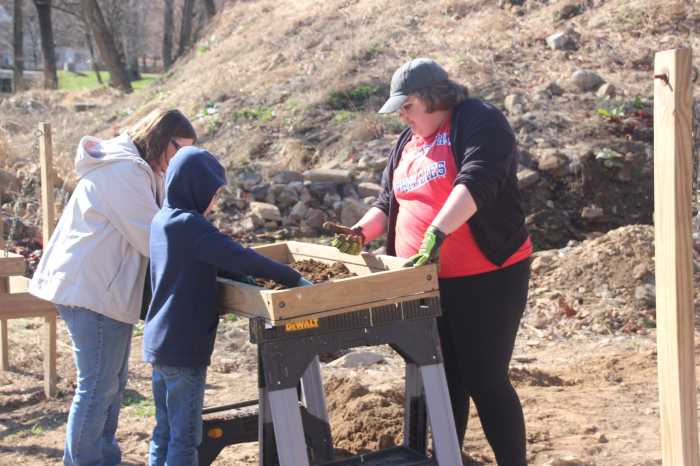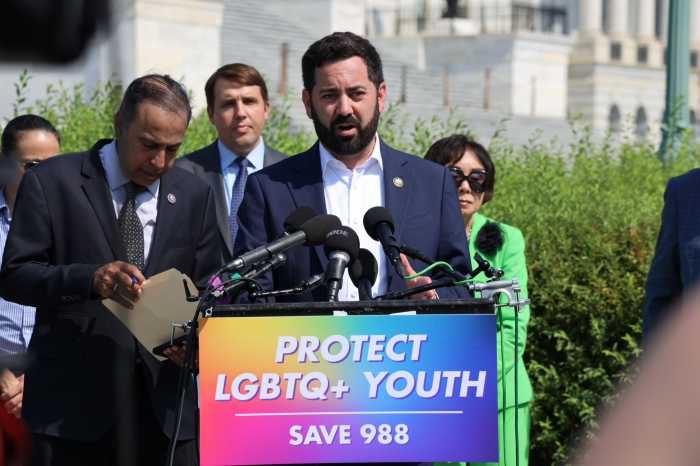Bartram’s Garden plans to build a new education center, which it intends to pair with a first-of-its-kind mussel hatchery on the banks of the Schuylkill River in Southwest Philadelphia.
The project took a major step forward Monday, receiving a $250,000 grant from a local partnership aimed at fighting pollution, improving access to waterways and bolstering wildlife in communities along the Delaware River.
Two funds awarded nearly $11.5 million to 41 initiatives based in the river’s watershed, a 13,500-square-mile region that includes all of Philadelphia and parts of Pennsylvania, Delaware, New Jersey and New York.
Representatives from the National Fish and Wildlife Foundation, which administered the money, said there has been a steady increase in funding available for environmental projects along the Delaware in recent years.
Money for the grants is being provided by the Philadelphia-based William Penn Foundation and the U.S. Fish and Wildlife Service, a federal agency.
A good portion of the projects aim to combat climate change, particularly by creating rain gardens and building or preserving wetlands to prevent flooding.
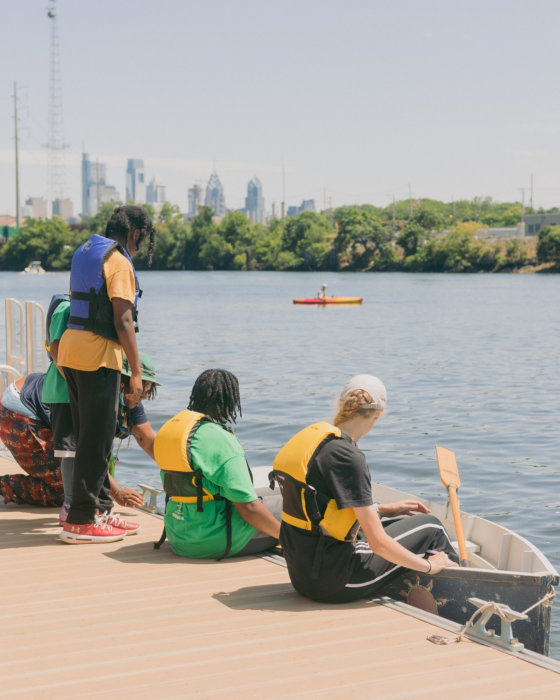
Earlier this month, the Schuylkill, one of the Delaware River’s most significant tributaries, rose to historic levels, overflowing into riverfront communities, as a result of the remnants of Hurricane Ida.
A $750,000 grant will help pay for a $1.5 million project to restore 150 acres of tidal marsh at the John Heinz National Wildlife Refuge, near Philadelphia International Airport.
The new marshes should reduce flooding in nearby communities and enhance boating and fishing opportunities, according to grant documents.
Another initiative supported by the programs, the Delaware River Restoration Fund and the Delaware Watershed Conservation Fund, will redirect a stormwater pipe and repair a stream in Glenolden Community Park in Delaware County.
This year’s grants will restore 585 acres of wetlands and treat polluted runoff from about 937 acres, according to the NFWF.
“The Delaware River, over the arc of the 50 years that I’ve lived in Delaware. is gradually getting cleaner and healthier,” U.S. Sen. Chris Coons, of Delaware, said Monday. “But we still have a ways to go which is why I keep working year after year to significantly increase funding for this program.”
Some of the grants are being distributed to improve access and educational efforts along the watershed.
Wendi Weber, a regional director for the U.S. Fish and Wildlife Service, said the agency
“prioritized investments in projects that foster environmental equity and justice across a network of partners and help address racial and economic disparities in access to nature as well as the associated benefits.”
The National Audubon Society received more than $460,000 for the Philadelphia Pollinator Project, which will aim to improve urban habitats for birds and bugs, with a focus on open spaces in underserved neighborhoods.
Eventually, the hope is to create a community pollinator network that includes jobs for young people.
At Bartram’s Garden, design work is ongoing for a 6,000-square-foot ecosystems education facility to provide sessions for students and members of the public.
“As a public park, we’re committed to ensuring that the river stays accessible for our neighbors and for our community,” said Caroline Winschel, director of development and communications at Bartram’s Garden.
“That means more than just geography,” she said. “It means that the river feels safe, that the river feels welcoming, and it means building a relationship to the river.”
Plans include a freshwater hatchery that will produce 500,000 mussels a year. The mussels, which naturally filter water, will be scattered in local streams and wetlands to improve water quality.
Fundraising for the project continues, but the organization hopes to break ground next year or in 2023, Winschel told Metro.





